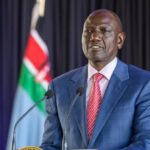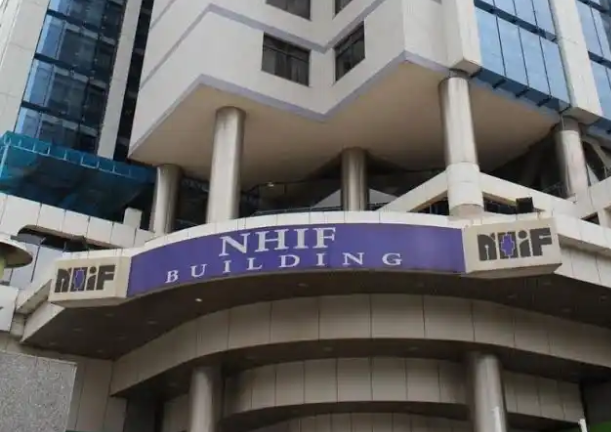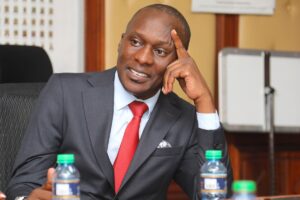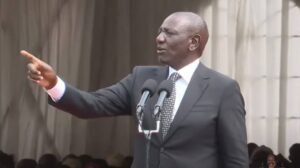Seven months ago, a parliamentary committee uncovered a massive scandal at the National Health Insurance Fund (NHIF), now rebranded as the Social Health Insurance Fund (SHIF).
The investigation revealed that corrupt officials had siphoned off a staggering Ksh 21 billion in just one year by fabricating non-existent debts.
This discovery has raised alarm about the mismanagement of public resources meant for the health sector.
According to the Public Petitions Committee of the National Assembly, the colossal sum was diverted from multiple NHIF accounts: Ksh 2.9 billion from the civil servants’ schemes, Ksh 4.1 billion from the EduAfya Scheme, Ksh 525.3 million from county schemes, Ksh 780.7 million from parastatals, Ksh 191 million from retirees’ schemes, and Ksh 2.3 billion from the Linda Mama program.
These diversions have impacted vital healthcare services, putting millions of Kenyans at risk.
Ernest Kagesi, a committee member, expressed outrage over the fraudulent activities.
“The officials created liability accounts knowing they had no intention or means to pay, using funds meant for other state agencies without notifying the members,” Kagesi said.
The committee is determined to uncover the full extent of the scandal and hold those responsible accountable.
The scandal was brought to light by Bernard Muchere, a Fraud Risk Management consultant, who revealed that NHIF had been defrauded through fictitious Incurred But Not Reported (IBNR) claims for the financial year ending June 30, 2022.
These claims, totaling around Ksh 21 billion, were never backed by legitimate sinking fund accounts.
Instead, they were fraudulent entries meant to siphon off member contributions, resulting in severe financial shortfalls within NHIF.
IBNR reserves are typically used by insurance companies to cover future claims that have not yet been reported, such as in the aftermath of natural disasters.
However, Muchere explained that NHIF’s IBNR claims were completely fabricated, creating a false reserve of over Ksh 21 billion.
These false claims were then offset against legitimate member contributions, significantly reducing the benefits available to NHIF members and leaving many Kenyans without adequate healthcare coverage.
Muchere further revealed that NHIF members experienced card invalidations, leaving them unable to access essential health services due to the misappropriation of funds.
Instead of going through traditional investigative bodies like the Ethics and Anti-Corruption Commission (EACC), Muchere chose to bring the matter directly to Parliament because of past experiences with similar scandals that failed to see justice served.
The committee has demanded that NHIF’s Board of Management and CEO produce detailed financial statements to determine which healthcare providers received the IBNR funds.
Parliament is pushing for a thorough investigation into whether these claims were legitimate, with the goal of recovering the misappropriated funds if found to be fraudulent.
Additionally, Muchere uncovered discrepancies in the audited financial statements, noting the sudden appearance of IBNR reserves in the 2021/2022 fiscal year and raising questions about the origins of these figures.
He concluded that the creation of these reserves was part of a larger, deliberate scheme to embezzle Ksh 21 billion from NHIF.
The scale of this looting has not only caused widespread outrage but also fueled fears that similar schemes could be happening in other public institutions.
For instance, the tragic assassination of Mary Gathenya, an NHIF employee who was outspoken against corruption, highlighted the dangerous nature of whistleblowing in such cases.
Gathenya’s death, linked to her opposition to fraudulent schemes, has further raised concerns about the safety of those working to expose corruption.
The NHIF scandal is a stark reminder of the urgent need for transparency, accountability, and reforms within Kenya’s public institutions to prevent future misuse of funds and ensure that resources meant for essential services, like healthcare, reach the people who need them most.





















Add Comment